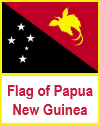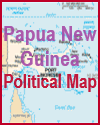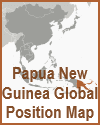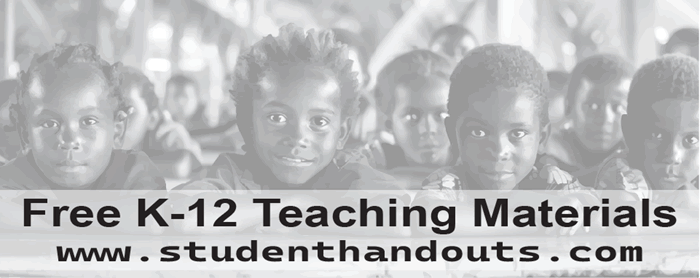Papua New Guinea (PNG), located in the southwestern Pacific Ocean, occupies the eastern half of the island of New Guinea and numerous offshore islands. It shares a border with Indonesia to the west and is surrounded by the Coral Sea and the Pacific Ocean. With a population of approximately 9 million people, PNG is one of the most culturally diverse countries in the world, boasting over 800 languages and a myriad of ethnic groups.
The capital city, Port Moresby, serves as the political and economic hub. PNG's economy is primarily driven by natural resources, including mining (gold, copper), oil, natural gas, and agriculture. Key agricultural products include coffee, cocoa, and palm oil. The country's rugged terrain and vast rainforests are home to an incredible biodiversity, making it a significant region for environmental conservation.
Culturally, PNG is rich with traditional practices, arts, and ceremonies. The highland regions, in particular, are known for their elaborate festivals, such as the Goroka and Mt. Hagen shows, where various tribes showcase their unique attire, music, and dances.
Despite its natural and cultural wealth, PNG faces challenges such as political instability, economic inequality, and issues related to healthcare and education. However, efforts are ongoing to promote sustainable development and improve the quality of life for its people while preserving its extraordinary cultural and natural heritage.
|












